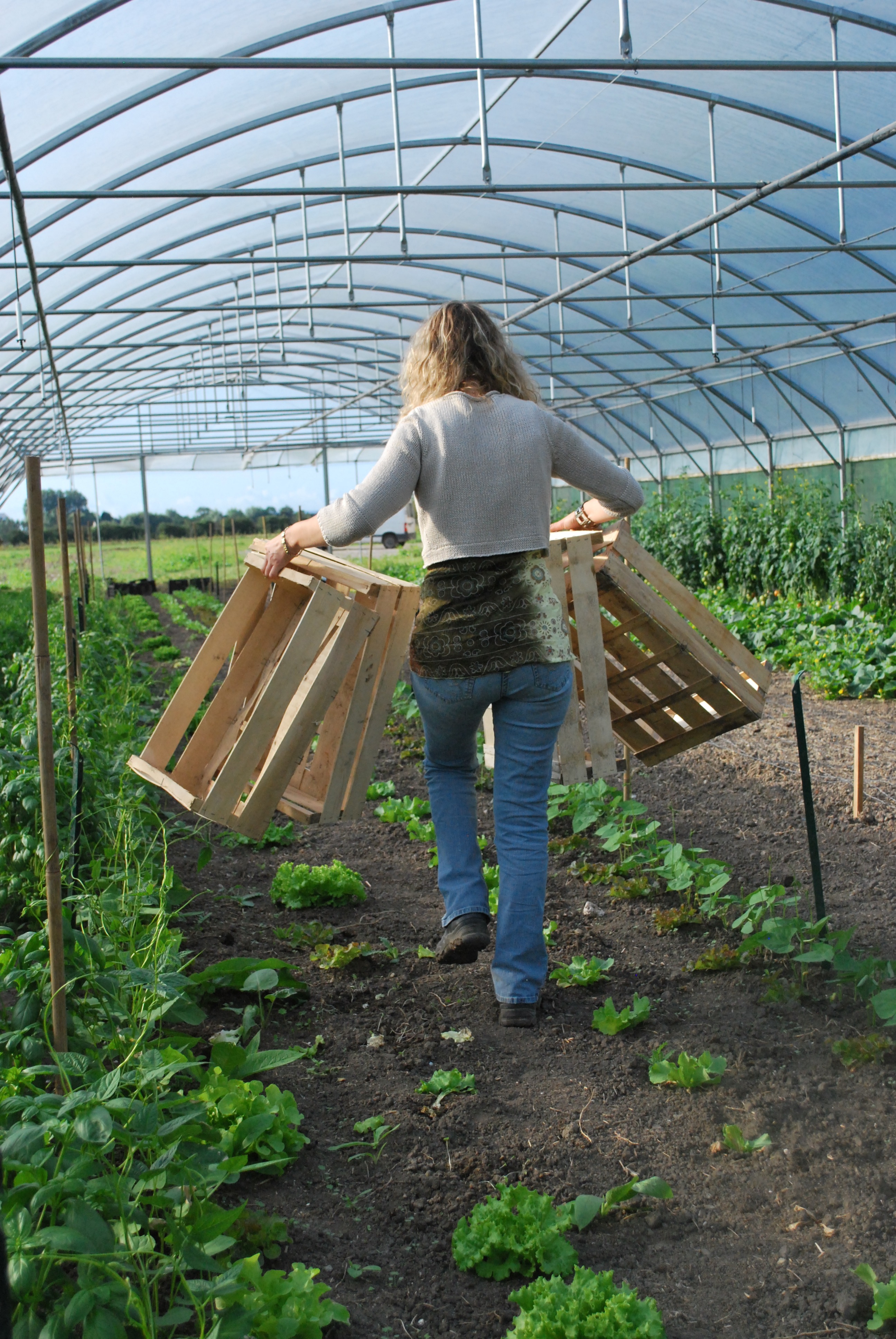Step outside your back door and immerse yourself in the sights and sounds of nature. As the sun radiates its warmth onto your skin, you can’t help but feel a deep connection to the earth. This connection is at the heart of a growing movement known as backyard farming. Gone are the days when large, industrial farms monopolized the agricultural landscape. Today, more and more people are reclaiming their own tiny corner of the world, transforming it into a flourishing garden filled with vegetables, herbs, and even livestock. However, while the benefits of backyard farming are plentiful, it is essential to assess its environmental impact. In this article, we will explore the various ways in which backyard farming affects our surroundings – from soil health to biodiversity – reminding us of the delicate balance we must strive to maintain between nurturing nature and reaping its rewards. So, let’s dig deeper and discover how our humble backyard havens can make a lasting difference.

1. Cultivating Sustainability: Analyzing the Ecological Effects and Potential Benefits of Backyard Farming

Backyard farming has gained significant attention in recent years due to its potential for fostering sustainability. By analyzing the ecological effects of this practice, we can uncover its numerous benefits. Backyard farming not only reduces our environmental footprint but also promotes the local economy. Additionally, it provides fresh and nutritious produce for households, leading to improved health and well-being. Moreover, this practice encourages community engagement and teaches valuable skills to both adults and children. As we delve deeper into the world of backyard farming, we will discover the endless possibilities it offers for a greener future.
- Reduces reliance on industrial agriculture
- Minimizes food miles and carbon emissions
- Promotes biodiversity and preserves native species
- Enhances soil health and reduces water usage
- Creates potential income streams through the sale of surplus produce
With all these advantages, backyard farming represents a promising pathway towards sustainable living.
2. Harnessing the Power of Responsible Practices: Key Strategies for Reducing Environmental Impact in Backyard Farming

Key Strategies for Reducing Environmental Impact in Backyard Farming
- Implement composting techniques to reduce waste and enrich the soil, such as vermiculture or hot composting.
- Practice water conservation by installing rainwater harvesting systems or using drip irrigation.
- Utilize organic pest control methods like companion planting or homemade natural sprays, avoiding harmful chemicals.
- Encourage biodiversity by planting native species, creating habitat zones, and attracting pollinators.
- Apply permaculture principles to maximize space and minimize waste, using design techniques like food forest systems or swales.
- Integrate renewable energy sources like solar panels for powering irrigation systems or farm equipment.
- Nurture a strong sense of community by participating in local food exchanges or sharing excess produce with neighbors.
By implementing these responsible practices, backyard farmers can significantly reduce their environmental impact while enjoying the benefits of sustainable and self-sufficient agriculture.
Closing Remarks about Environmental Impact of Backyard Farming.
In conclusion, backyard farming is a delightful endeavor that brings us closer to nature, promotes self-sufficiency, and fosters a sense of community. Its environmental impact, while generally positive, should be approached with careful consideration. By embracing sustainable practices, utilizing organic methods, and incorporating eco-friendly technologies, backyard farmers can mitigate any potential negative effects on local ecosystems.
As we witness the growing interest in urban agriculture, it is crucial that we continue to promote an understanding of the environmental implications associated with backyard farming. Through education and knowledge sharing, we can empower individuals to make informed decisions and contribute to a greener and healthier planet.
By supporting local backyard farmers, we not only embrace a sustainable lifestyle but also decrease our reliance on industrial agriculture and reduce food miles. This, in turn, helps in the reduction of greenhouse gas emissions and the preservation of biodiversity.
As we bid farewell to this exploration of the environmental impact of backyard farming, let us be reminded of our role as custodians of our planet. Let us embrace the beauty of growing our own food while also treading lightly on the Earth.
So, whether you have a sprawling yard or a tiny balcony, why not embark on your own backyard farming adventure? With passion, care, and a touch of environmental consciousness, you can be part of the ever-growing movement to create a sustainable future.
